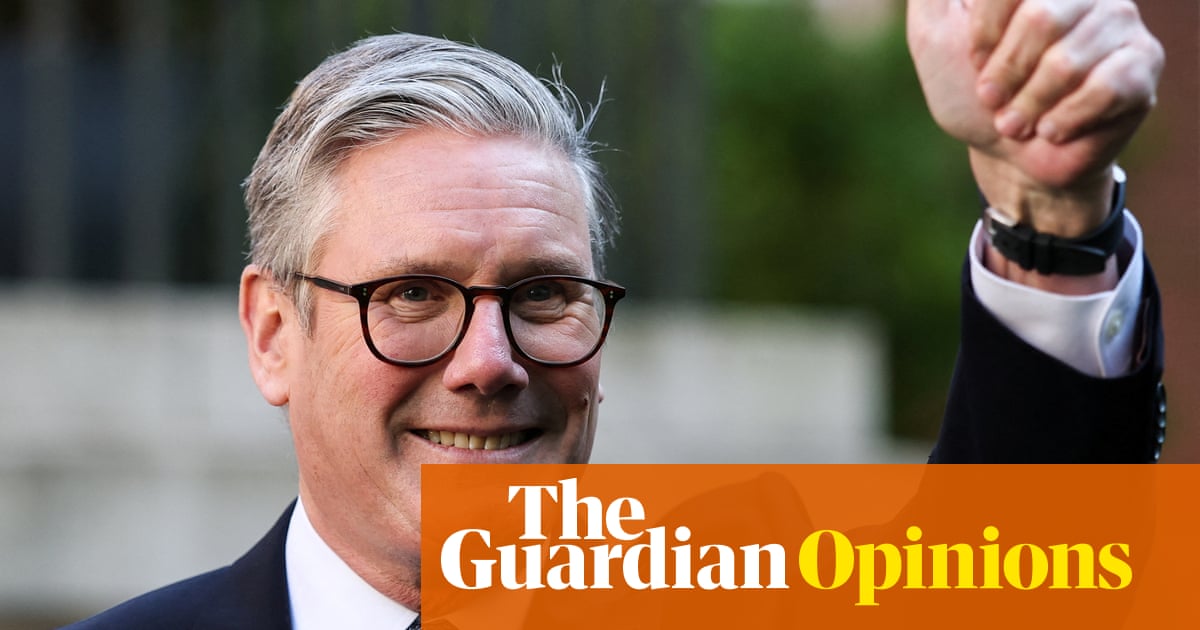So much remains to be worked out inSir Keir Starmer’s deal with the EUthat it must be regarded as a staging post rather than a final destination. In several key areas, the agreement announced in London on Monday is really a commitment to have more meetings at which negotiators will try to make more agreements.
On the issue ofvisas for young peopleand the UK’s mooted return to the Erasmus university-exchange scheme, there is little clarity beyond the rebranding of “youth mobility” as “experience”. A decision on the level of fees that European students must pay has also been booted forward. So have some details of how the UK will work with the bloc on policing and security, including the use of controversial facial-recognition technology in tackling drug and people smuggling across borders.
Increased cooperation on defence is significant and timely, given the ramping up of geopolitical instability under Donald Trump – although British arms businesses will have to go on pushing for access to the EU’s £150bn fund. Onfood and fishing, terms have been decided. Fewer checks on exports, including meat, will benefit UK food producers, particularly the smaller ones that were worst affected by Brexit. For Europeans, mainly the French, the big win is a 12-year agreement on fishing in British waters.
The 41% of UK goods exported to the EU, worth £358bn, aremore than is sent to the US and India combined– making this by far the most important of this month’s trade deals. Though the UK remains outside the customs union, and regulations governing other goods including medicines have not been relaxed, the new measures mark a significant easing of trade.
By contrast, the new dispensation for UK travellers to join European passport queues, and looser rules about pets, are more about style than substance. But while conveniences like these will not bring theeconomic benefitsthat Sir Keir seeks, they do send a signal. For ministers, any hint of an interest in rejoining the EU remains taboo. Instead, this modest scaling back of Tory-erected barriers is designed to show voters that his is a rational and responsible government that puts the interests of British businesses and consumers first.
It should not have taken nine years since the referendum to reach this point. A group of around 60 Labour MPs is rightly pushing for the government to be more ambitious, emboldened by polling showing thatmost voters now think Brexit was a mistake. Free movement, however, remains a red line, and one inked in all the more vividly after the strong showing of Reform UK in recent local elections and national polls. Given the weakness of the economy, Sir Keir may yet come to rue his decision to capitulate to anti-immigration sentiment, rather than counter it.
Among disappointing omissions is the lack of a mechanism to maketouring by musiciansand other artists easier. But after the damaging rhetoric surrounding last week’s immigration announcement, Sir Keir’s upbeat tone was a step forward, even though he overstated the actual gains.
Ursula von der Leyen, the European Commission president, was more accurate when she spoke of this week’s deal as “framing” an improved future relationship. If Sir Keir wants to effectively unpick the damage done to the country since Brexit, he will have to paint a picture of why an outward-looking, interconnected UK is more likely to succeed.
Do you have an opinion on the issues raised in this article? If you would like to submit a response of up to 300 words by email to be considered for publication in ourletterssection, pleaseclick here.
